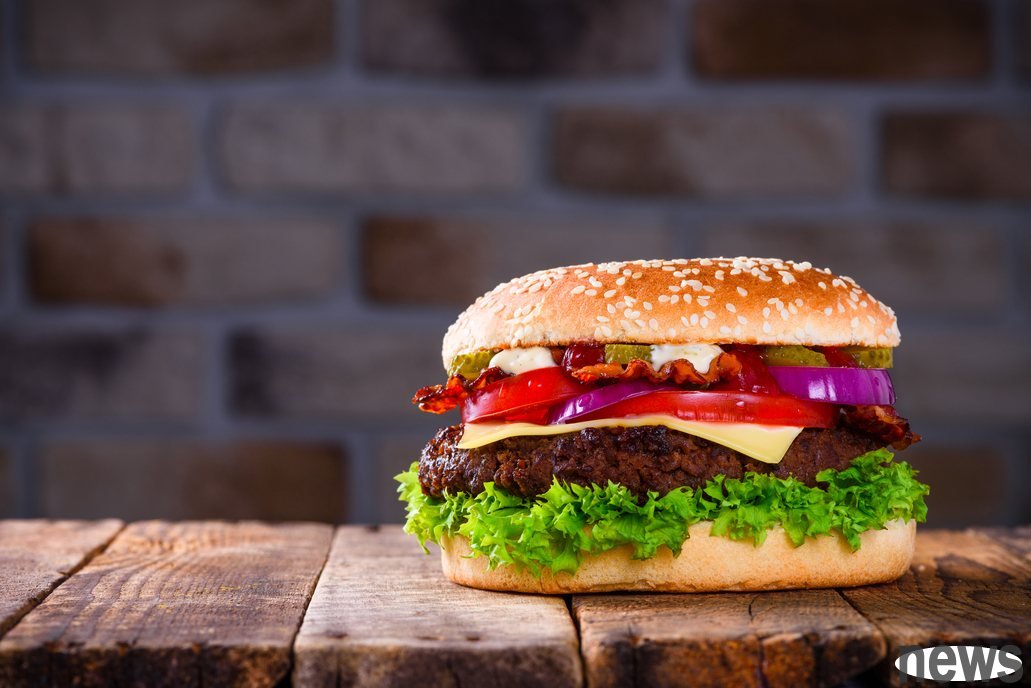
Scientific news reporter Michaeleen Doucleff decided to start a bold experiment with his eight-year-old daughter: he tried to eat no ultraprocessed foods for a month, and the results were amazing. Abstaining from superprocessed food has changed the family's dietary habits. Even her husband, who was originally just a side viewer and suspected, began to quit superprocessed food. According to reports from
Walker Street Journal, the study pointed out that hyperprocessed foods are closely related to obesity, diabetes and cardiovascular diseases. It is gratifying that data from the Federal Centers for Disease Control and Prevention (CDC) show that about 60% of children's daily hot food comes from super-processed food. But it is still unclear which ultra-processed foods are the most harmful, why they cause harm and how the federal government should respond.
{9 There is currently no consistent classification method in the scientific community, but it is generally believed that these foods contain ingredients such as preservatives and emulsifiers that will not appear in home kitchens. So the mother and daughter do not buy anything on the ingredient list that does not use or can hardly read the name, such as maltodextrin, soy lecithin, Cangyuan bean gel, etc.This is equivalent to removing all foods containing artificial spices and refined flours, including most commercially available cucumbers, cereals, breads, butterfly bakes, swans bars and coffee shop cakes, and even cheese dry (Cheez-Its), beans, pita, milk chocolate, and flavored soaked in water, etc., and converted into complete or low-grade processed foods, such as oatmeal, sugar-free fines, fresh cheese, beans, fruits, canned fish, popcorn and various fresh and cold fruits.
Dulov also formulated rules: as long as it is not super processed food, the remaining food can be eaten at will; if you want to eat sweets, bake it yourself. I originally planned to evaluate the effect one month later, but I found the amazing change in just ten days.
First of all, she found that she no longer thought about "what to eat next." In the past, the brain always counted chocolate, banana cake or crispy snacks, and quit super-processed foods, the above desires subsided.
Body weight decreases, appetite decreasesThe journal "Natural Medicine" pointed out that after eight weeks of eating, 50 adults not only reduced weight, but also decreased appetite and desire. "This result surprised me because people who usually lose weight are more eager for food, but we found the opposite." During the experiment, Duloff found that his snack intake dropped sharply and his daughter's diet improved. In the third week, Luo Qian even showed enthusiasm for home-cooked dinners for a long time. In the past, she was always picky about food, but that day, and the dishes that night were hot chicken meatballs, wild rice and fried cabbage.
Ashley Gearhardt, a psychologist at the University of Michigan, said that super-processed food snacks, such as dried glutinous rice bars or soft sugar, even if they are organic, often contain a lot of refined sugar or carbohydrates, causing children to constantly want to eat. She said, "When a child eats a bunch of dried baking and his blood sugar drops after two hours, he will be eager for more refined carbohydrates again. There is no doubt that questions will inhibit the feeling of hunger on the meal."
Healthy Diet Improvement of Psychological StatusStudies have also shown that repeated exposure to unhealthy snacks will change dietary preferences, and healthy diets can reverse these preferences. Additionally, reducing ultra-processed foods may also improve mental health. A 2017 study published in "Nutritional Neuroscience" showed that among 95 patients with depression, those who ate more fruits, fruits, beans and all-meal for three months, the improvement in symptoms was significantly better than those in the control group who only participated in social gatherings.
For Duloff herself, the biggest change in a month was "psychological state", and she felt more relaxed and no longer needed willpower to resist super-processed food because she didn't want to eat it anymore.
However, the challenge is greater for the daughter. She would encounter super processed food almost all parties, and at this time Duloff decided to adopt a new strategy. Lerhardt of the University of Michigan proposed "situation setting" and set up a "field that does not touch super processed food", so Dulloff set up "at home" and "on car", allowing his family to touch super processed food only in special venues.
Homemade food Teach children to cookDr. Agnes Ayton of Royal College of Psychiatrists in London also suggested that parents should teach their children to cook so that they can enjoy the fun of making their own food. She said, "I often wonder how to protect my sausages from super processed foods? I think the most important thing is to let your kids learn to cook and enjoy the happiness they are."
Although cooking yourself is more expensive than buying finished products, Eton suggests investing in kitchen gadgets, such as slow-bearing or air-frying bulbs. Duloff's family uses bread machines to bake low-grade processed breads, and uses pressure tins to cook vegetables and beans.
Dariush Mozaffarian, a professor at Tufts University, reminds that after quitting super-processed foods, people often find that "foods that are healthier for you are often more delicious."
